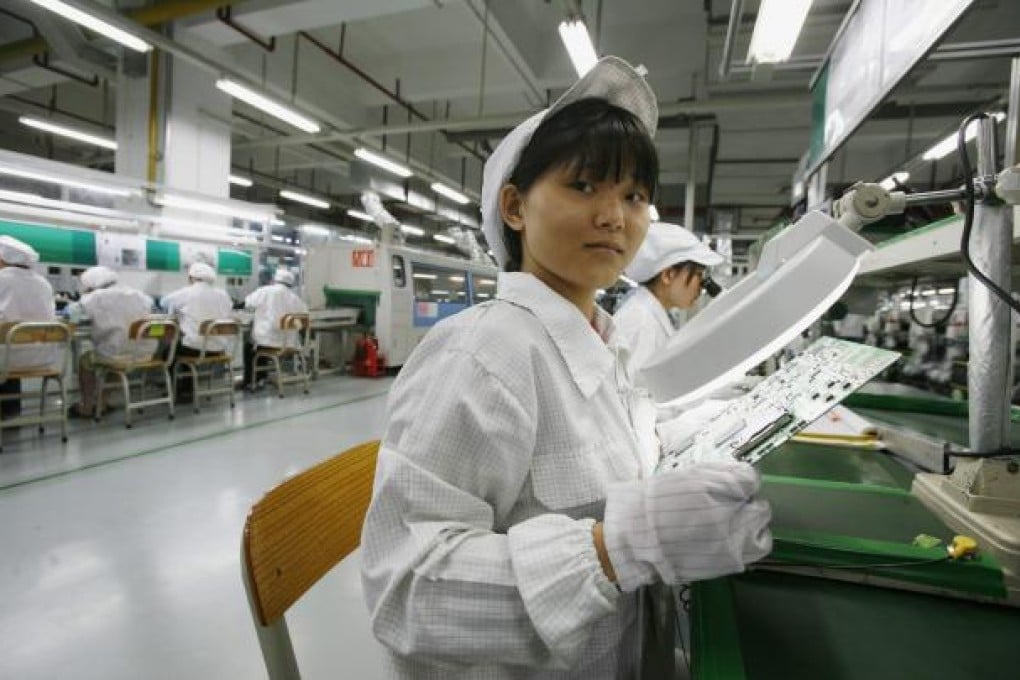How waiting longer for the iPhone could help workers
Richard Locke faults a production system geared to speed at all costs

Two decades after Nike faced heat for poor working conditions in its suppliers' overseas factories, Apple has been responding to a series of scandals - health and safety problems, worker suicides and riots by workers employed at Foxconn, one of its lead suppliers in China. And, once again, consumer activists and others are calling for better standards, more workplace inspections and other steps to prevent such abuse.
To its credit, Apple has agreed to work with Foxconn to improve wages and conditions and hire more workers in an effort to reduce excessive overtime. Other companies are also renewing their commitments to improve conditions in their supplier operations. It would seem progress is being made under the watchful eyes of non-governmental organisations. Ethical codes are in place. Audits and inspections are under way.
But if the goal is to make factories more efficient and ethical places both for the companies they supply and the workers they employ, such steps are not sufficient. What is truly needed is fundamental change up and down the entire supply chain, from how products are designed and commercialised to how local managers are trained and also how many and how quickly new products and product lines are introduced.
Perhaps most challenging of all, we need to do a much better job at helping consumers understand that if they truly want to see overseas factory conditions improve, they may have to pay a little more or wait a bit longer for those products they so crave.
As part of the research for a forthcoming book, I analysed data from several major global firms seen as leaders in trying to implement and operate ethical supply chains. I found that while audits and compliance programmes can help identify problems, they do not in and of themselves resolve them or lead to lasting improvements in labour conditions.
Hewlett-Packard, for example, has a strong supply chain code of conduct and an excellent team of employees auditing its suppliers but few of its suppliers comply fully with the company's and industry's code. This was true for the other major brands - for example, Nike - I studied.